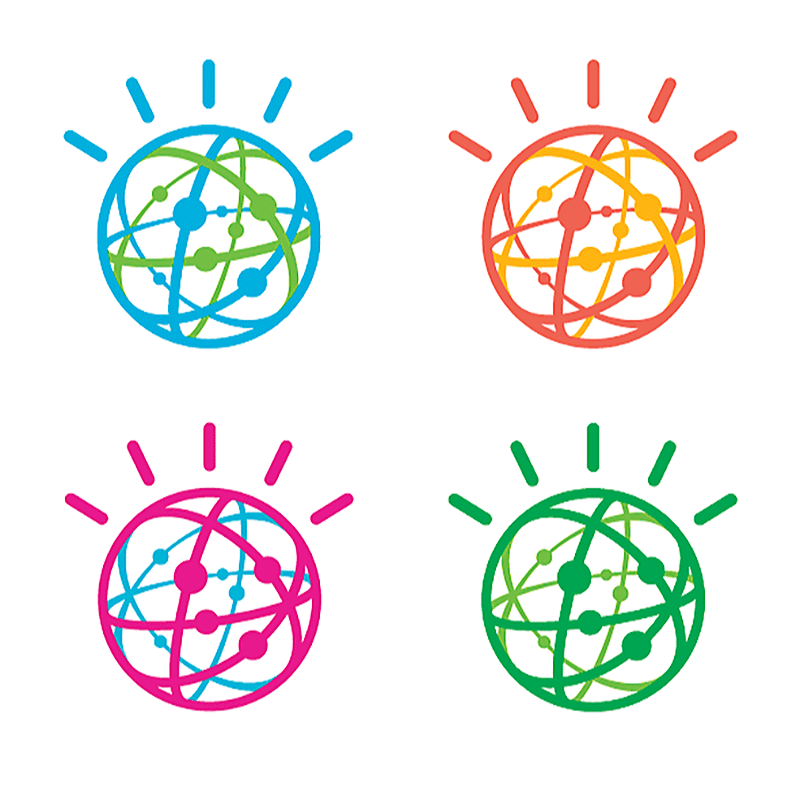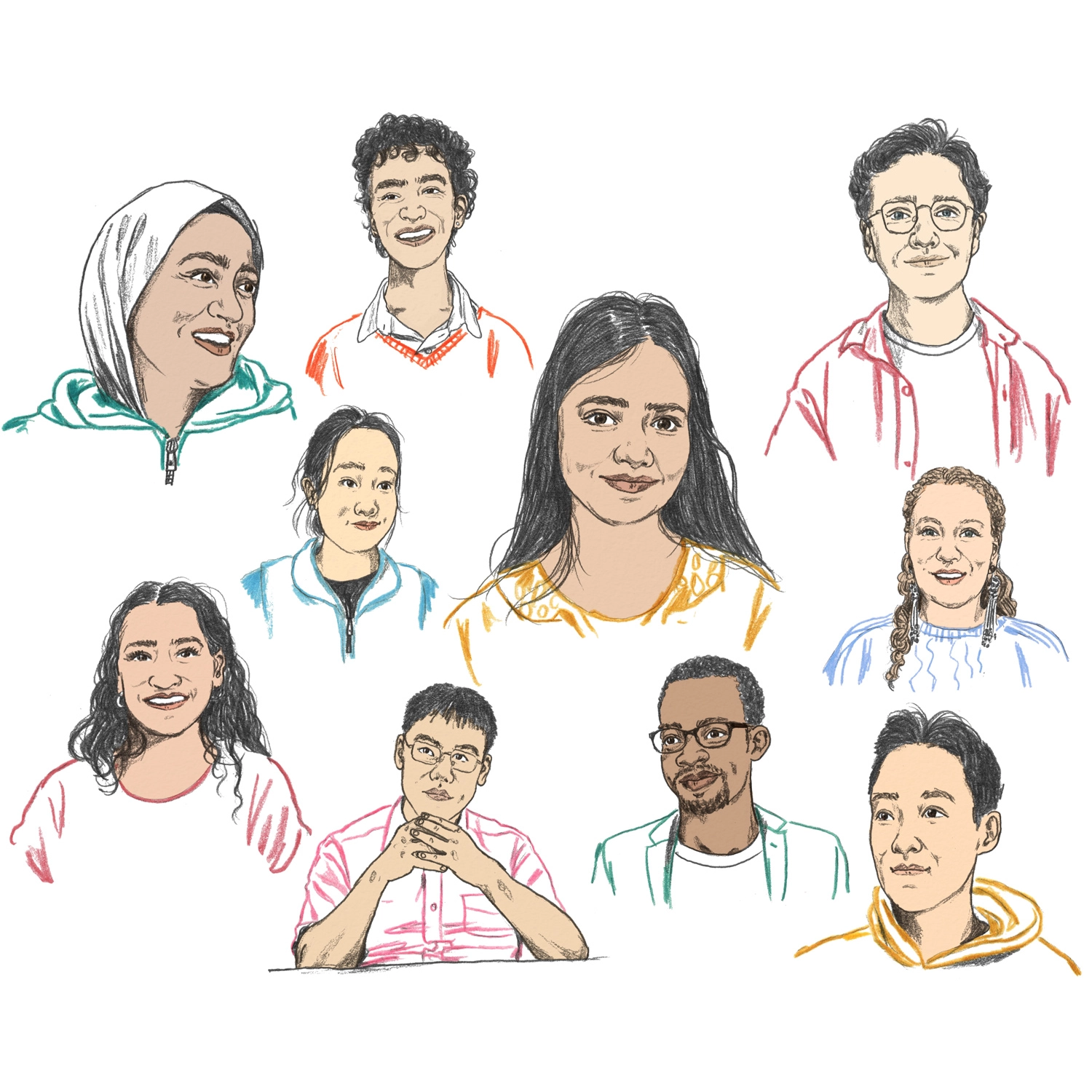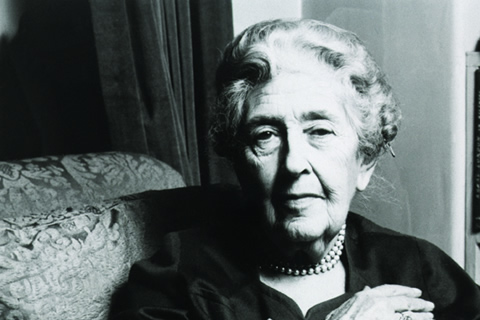It’s the opportunity of a lifetime. Using the vast capabilities of IBM’s Watson – the cognitive computing technology widely known for winning the 2011 Jeopardy challenge – a group of computer science students will help develop artificial intelligence-based applications that could potentially revolutionize the way information is accessed in the field of law.
U of T is the only Canadian participant among an elite group of 10 universities invited to take part in the IBM Watson Cognitive Computing Competition. The competition is structured as a half-year, fourth-year course that challenges students to think like high-tech entrepreneurs. Their goal is to develop an effective, commercially successful business plan using Watson to solve a real-world challenge (in U of T’s case, law).
The U of T students are working in teams, using Watson to develop various applications that can access vast amounts of legal information. Students are developing the skills to upload relevant legal information into Watson’s body of knowledge and train it to collate this unstructured data to produce relevant responses. They can also teach the system to improve with every natural-language interaction.
Student Vicky Butka is eager to take advantage of how Watson understands context and can search for ideas rather than just key words. Fellow student Akash Venkat says one of the challenges is figuring out what legal professionals need from the application. “We have to create a system that mimics the way a lawyer would approach legal research. So we need to consult with people in the profession.”
One of the five teams at U of T will be selected to go on to the Watson Challenge in Manhattan, in January 2015, where groups representing each of the participating institutions will compete for a $100,000 US prize awarded to the team that creates the most insightful and articulate business proposal for the IBM Watson platform.
Update Jan 7, 2015: IBM announced that all five U of T teams were so impressive, the company will continue to grant them all access to Watson to develop their prototypes. U of T News story…
Update Jan 9, 2015: Venkat’s team placed second in the New York competition, battling seven US schools to a strong finish. iSchool story…
Watch Watson compete on Jeopardy!
Video by: IBM






No Responses to “ Elementary, My Dear Watson ”
There are a few comments to make about a computer to help with legal matters.
First, though lawyers don't want to admit it, the body of law contains a lot of ambiguous statements and even contradictory ones. That is proven by the fact that lawyers make a living from just these conditions.
Second, what happens if a computer provides wrong information that ends up convicting an otherwise innocent person? Who will compensate the victim?
There are many variations and extensions of these questions. It seems reasonable that anyone trying to build a system supporting the legal system would also try to answer them at the same time.
We are all aware of the problems that lawyers attempt to solve through the courts that arise from differing interpretations of the same laws. This seems a real problem for algorithms to handle.